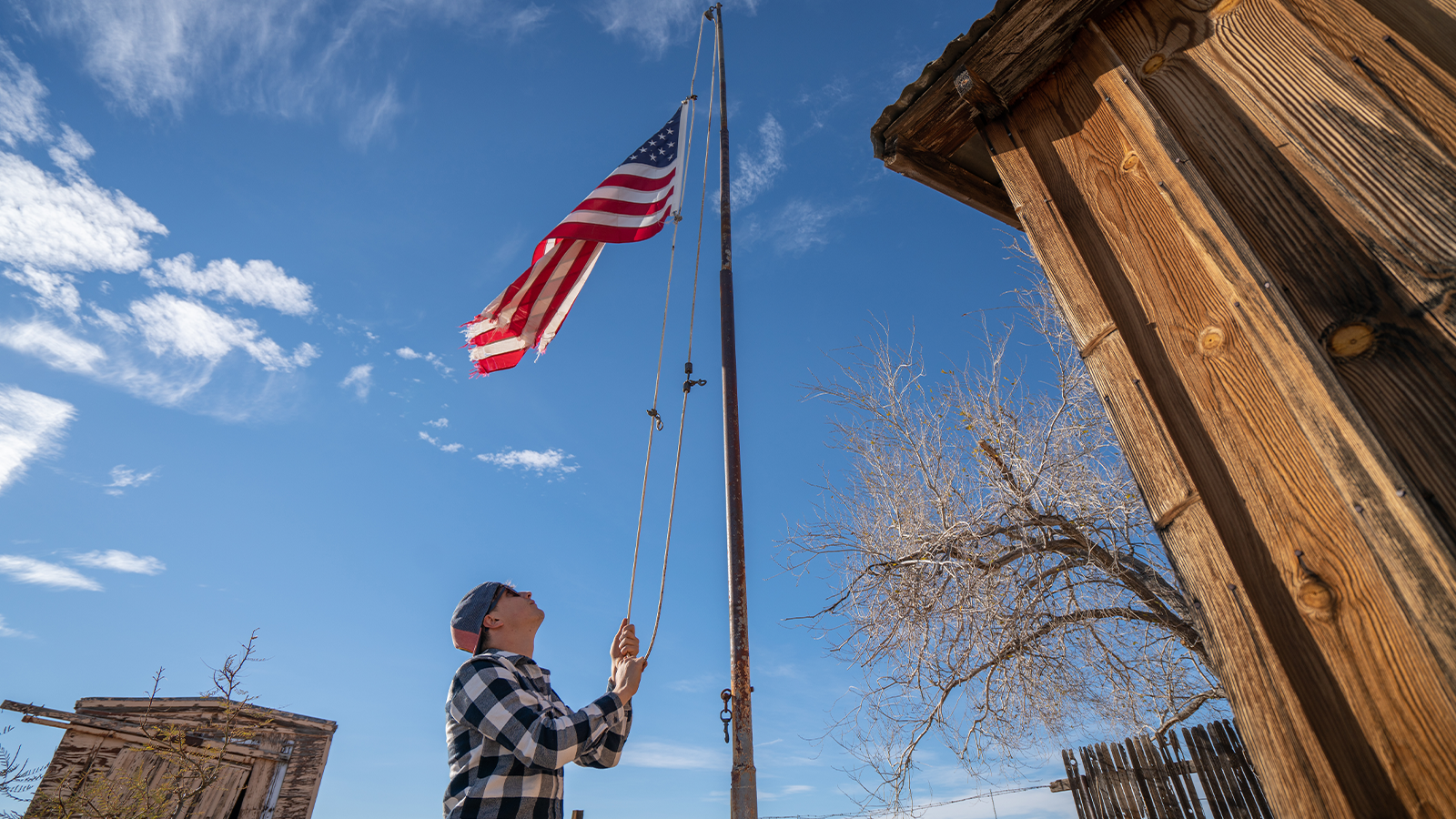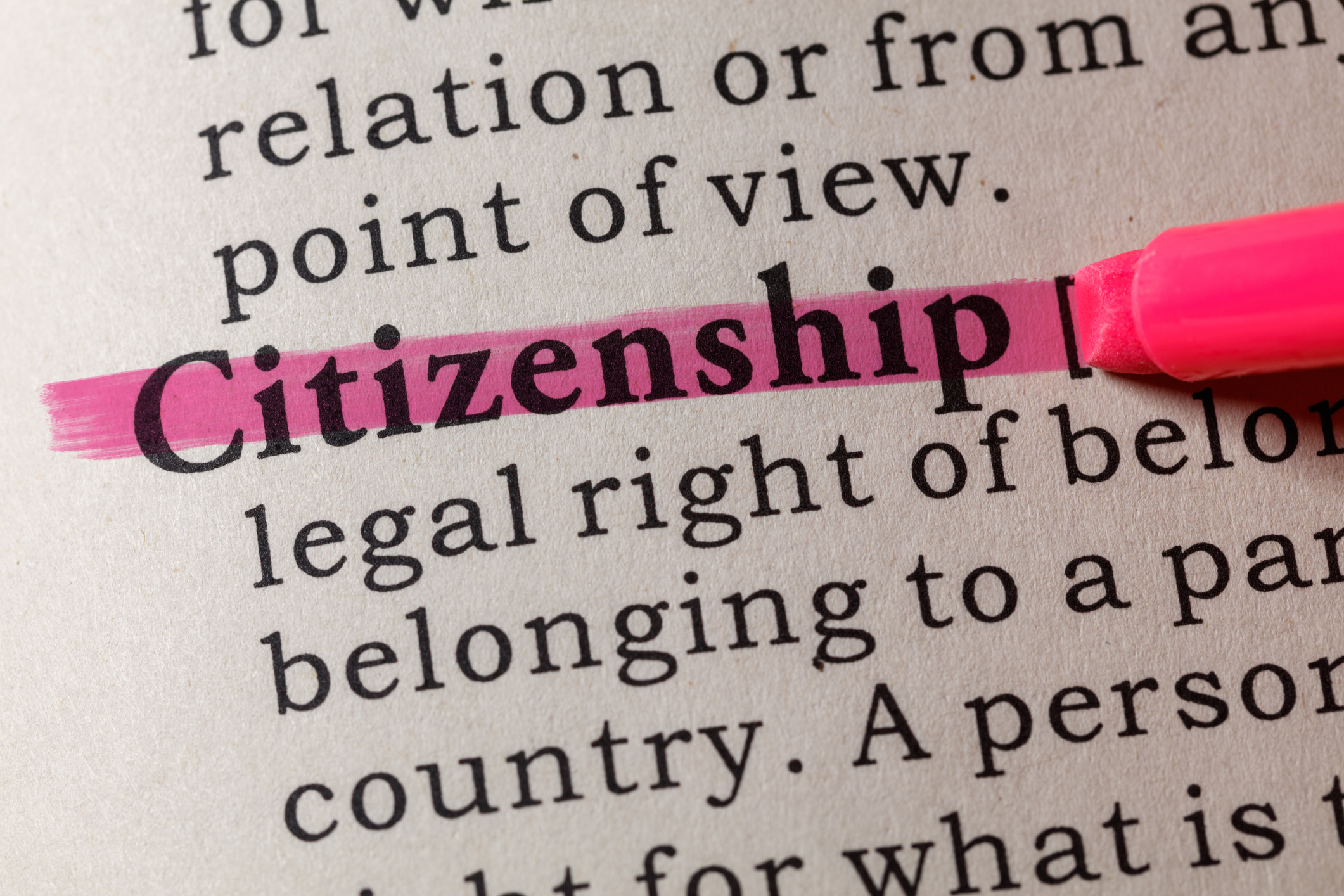
The C3 Framework is a framework for social studies education laid out by the National Council for the Social Studies (NCSS) that is inquiry based and aims to prepares students for college, careers, and civic life. The final dimension of the C3 Inquiry Arc allows students to take learning beyond the classroom, take informed action, and impact the world with their knowledge.
The importance of this is not new. Take a look at the following examples:
- Around 300 BC, Aristotle argued that learning to be an active and responsible citizen requires experience.
- In 1897, John Dewey stated, “Education is a process of living and not a preparation for future living.”
- In 1915, the US Bureau of Education, a predecessor of the Department of Education, endorsed “community civics” in education “as the end of all good citizenship and of all good teaching.”
- A Brazilian philosopher, Paulo Freire, in 1970 explained, “Education doesn’t change the world. Education changes people. People change the world.”
There are countless other examples of the importance of moving social studies education into taking steps to practice active, informed citizenship throughout their lives. Take a moment to reflect on the following two questions:
- If there were no barriers, how would “Communication Results” and “Taking Informed Action” look in your classroom?
- What is your current reality?

Take Action
Moving your reality closer to your ideal can be achieved with action:
Make student learning real, authentic, and meaningful.
Release as much control of learning to students in developing inquiry based on their passions and interests, planning, implementing, and reflecting throughout the inquiry cycle. Practice civil discussions and listening to conflicting viewpoints while determining how the topic relates to the students’ lives. Tracking their ideas throughout a unit or inquiry cycle can allow all students to have a voice and give practice making decisions for the common good.
Connect learning to solving a problem(s).
This is a great place to start. Look at your existing lessons and units and modify those by finding ways to solve meaningful problems. These problems do not have to be extensive, time-consuming projects. While working with students on religious tolerance, we connected their learning by having them reflect on common feelings of not fitting in or belonging. As a class, we decided to take action by developing a plan for welcoming new students to our school and community. The benefits of this short, simple idea went well beyond this unit.
Allow students to show their learning in a public or shared platform.
Students can engage with their world in a multitude of ways. Start right outside your classroom door. A project could involve changing the school culture, presenting to another class, or contacting the school administration or school board. Moving a bit further, students could take on needs in their community, raise awareness on issues affecting their community, or host a forum for informed discussion. Digital media offers students another option for getting their information out into the world. During a class discussion, a student challenged the class to smile or wave at as many people as possible throughout the day. This impromptu request not only brought about positive results for both the students and the recipient of the gesture, but we also expanded this challenge out into the school and community. We advertised our project description and logo in the community newspaper. Small but impactful.
Utilize organizations, community members, businesses to create authentic experiences for students
Invite guest speakers to open communication with students both in person and virtually. There are several organizations for students to participate in events, such as Academic World Quest, Project Citizen, or National Action Civics Collaborative.
To prepare students to take on the demanding responsibilities of engaged, responsible citizenship, we must take action. Do you have any other suggestions or lessons you’ve used in the classroom to help your students take action globally?
Seeking more professional learning resources?
See what our professional learning department can do for your teaching
Melissa Knowles has worked in education eighteen years. She earned her bachelors’ degree in Elementary Education at the University of South Alabama, a master’s degree in Library Science from University of West Alabama in 2009, and her Educational Specialist degree from University of West Alabama in 2010. She has earned several technology-related certifications and is currently working on a certification as a technology coach. In her work as a certified trainer for Social Studies School Service, she builds curriculum maps, develops micro-credentials, and trains educators on using the programs, as well as leads and hosts webinars on various topics.
